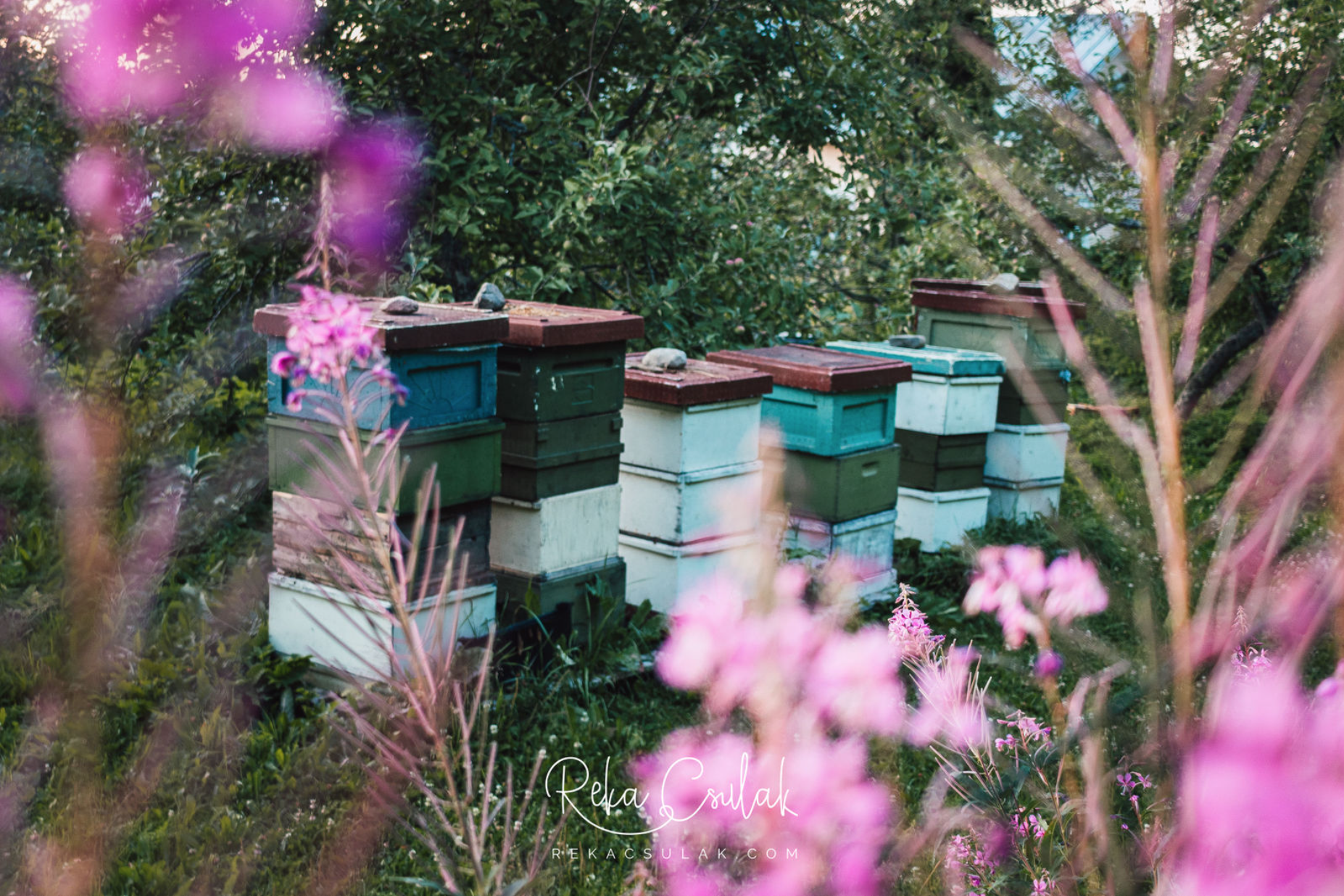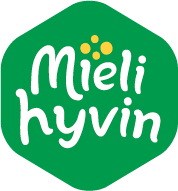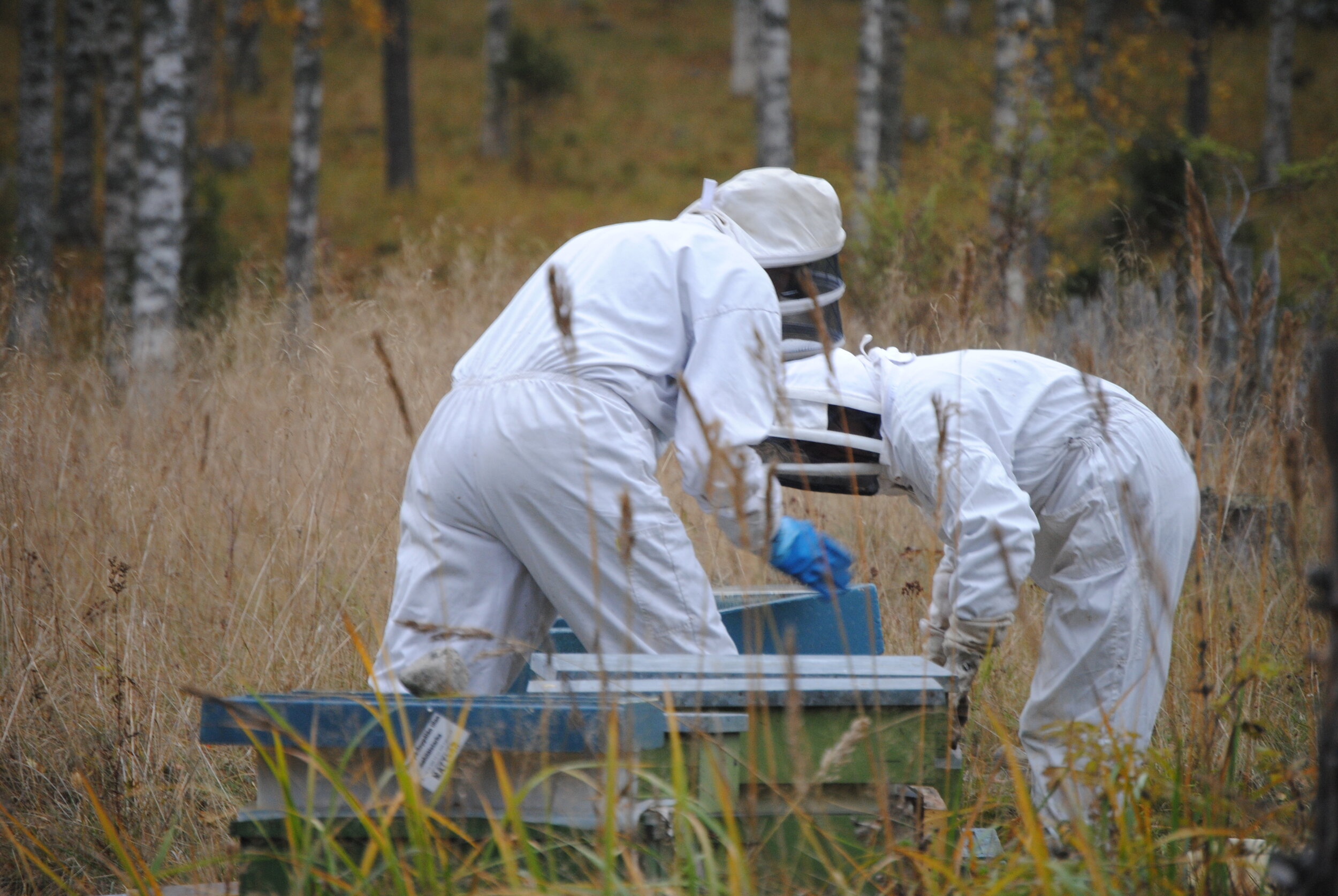

Always Pure, Always Organic.
Controlled organic production
Organic beekeeping is supervised by the authorities and organic products are identified by the organic label and the authority code. Mielihyvin Honey is organically produced and its production is supervised by the Finnish Food Authority. Our farm is regularly inspected by the supervisory authority to inspect our apiaries, production facility, manufacturing process and records. We produce all the honey we pack and sell ourselves. This way, the origin of the honey is always clear and we are responsible for the quality of the product.
Organic honey production
Honey receives an official organic label when a producer joins an organic production control system and complies with the rules of the production system. Only supervised companies are allowed to use the organic label. Due to controls, there is a lot of paperwork in organic production, which contributes to rising costs.
Winter feeding
At the end of the production season, large enough stocks of honey and pollen must be left in the hives to enable the bees to survive the winter. As a supplement, bees are given organic sugar as winter food, which is considerably more expensive than usual. This is the main factor driving up the price of organic honey. In organic beekeeping, soy feed must not be fed to bees as a substitute for pollen.
Wellbeing of bees
Organic beekeeping focuses on the prevention of bee diseases and the increase of the most resistant bee populations. The use of drugs and chemical pesticides in the control of parasites and diseases in organic production is prohibited. Naturally occurring and naturally occurring acids and essential substances in honey, such as thymol, oxalic and formic acid, can be used to control varroa mites. In world trade, about one in three batches of honey contains residues and honey is one of the most counterfeit foods in the world.
Organic beeswax
Residues of synthetic pesticides accumulate in beeswax. Therefore, in organic production, the wax foundations placed in the beehives must be made of organic beeswax.
Promotion of biodiversity
Bees are free animals and they are free to fly wherever they want. Even when farmed, they live a species life, which is why honey as an sweetener is an ethically good choice. Honey uses little non-renewable resources and is therefore an eco-efficient food. Beekeeping promotes biodiversity and beekeeping is ideal for the principles of organic production, as pollination by bees is an important part of agricultural and forestry production.





